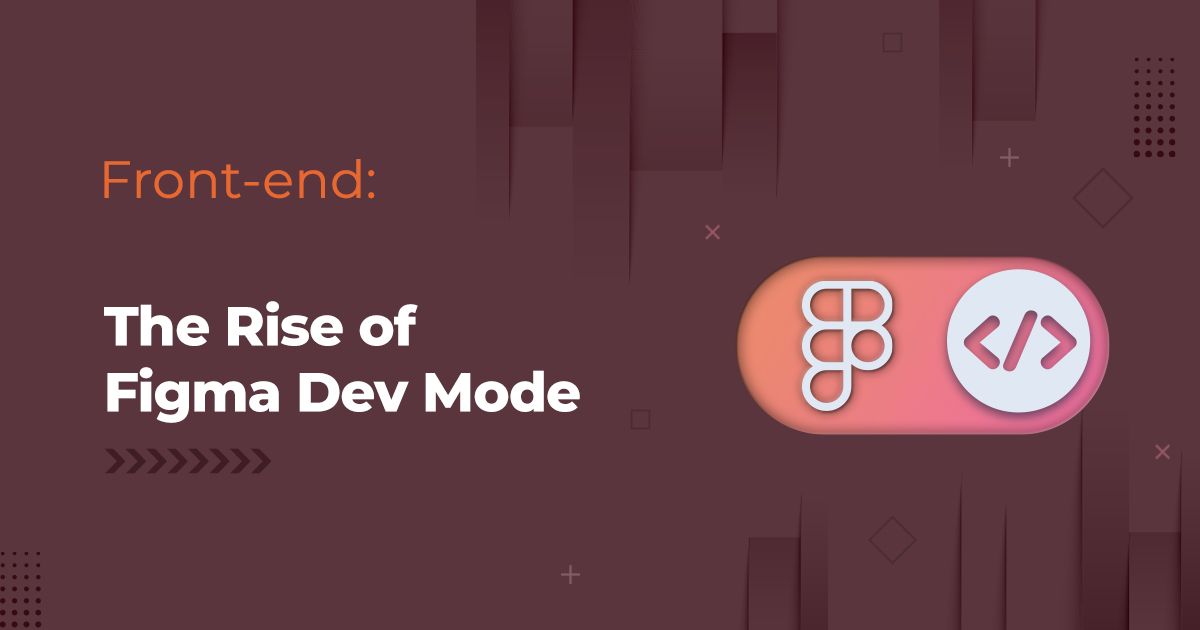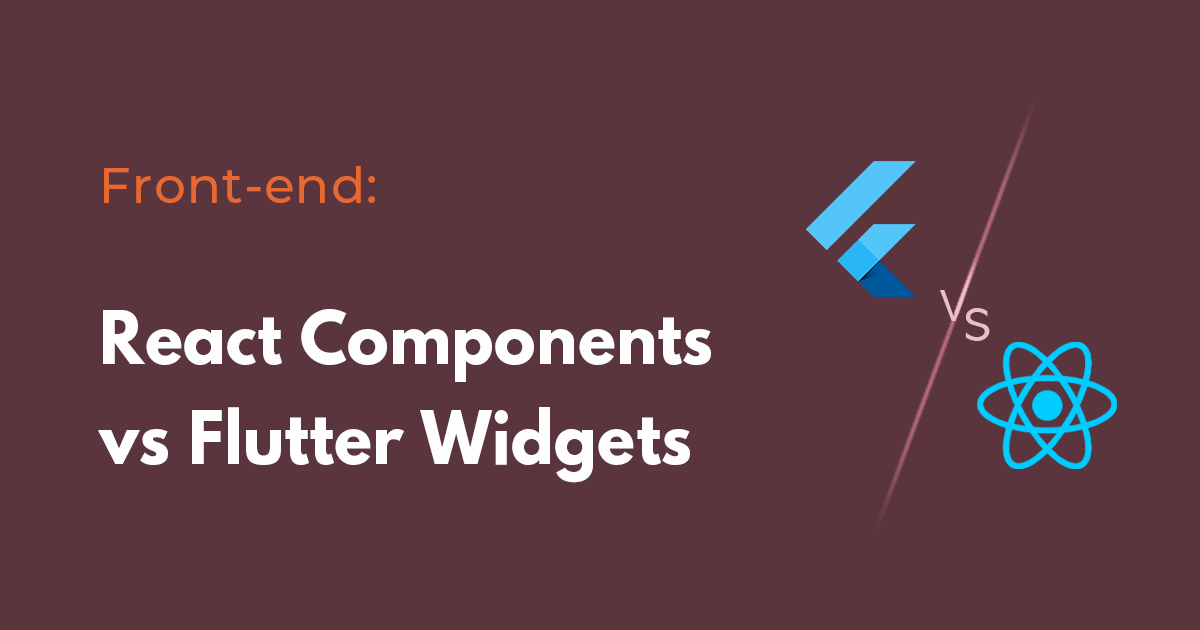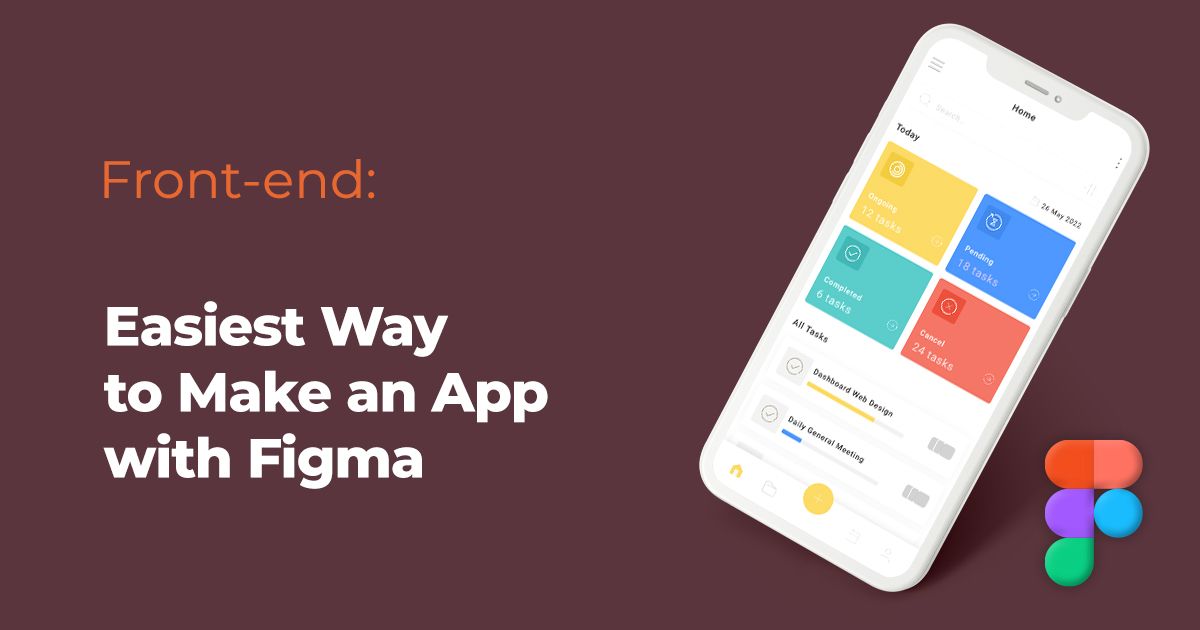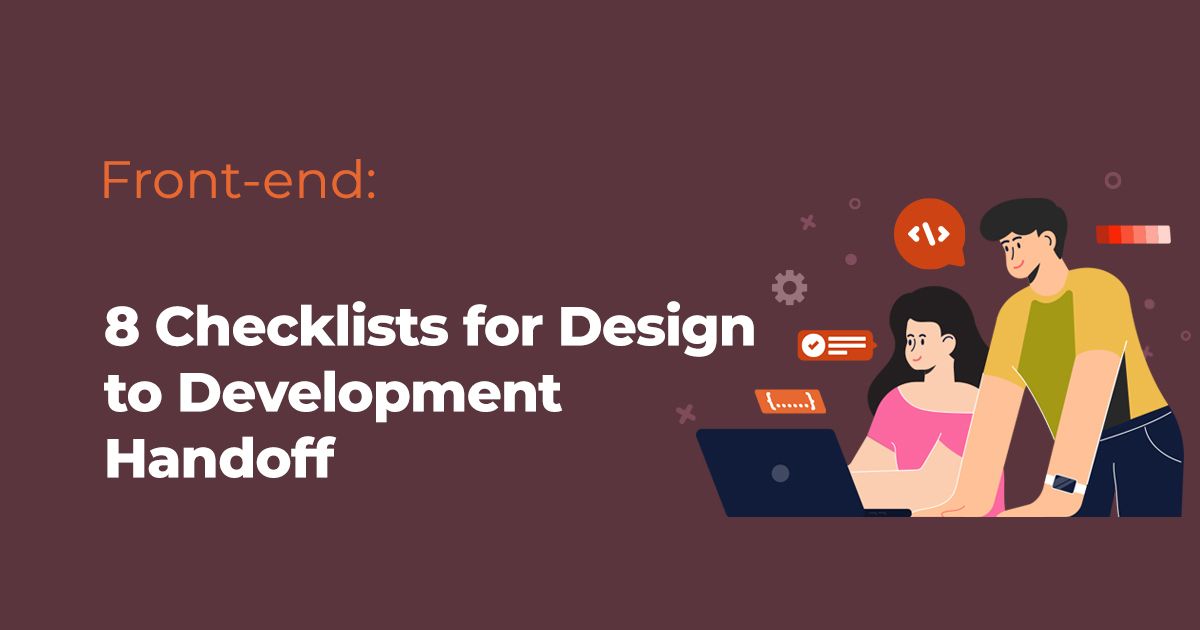In today's digital age, the need for mobile apps is greater than ever. With users increasingly turning to smartphones for solutions, businesses and individuals are looking for fast and efficient ways to create apps. One such tool that has emerged as a favorite in the design world is Figma. In this article, we will explore the easiest way to make an app using Figma.
Understanding Figma
Before diving into the how-tos, it's crucial to understand what Figma is. Figma is a cloud-based design tool that allows multiple users to collaborate in real-time. Designers, developers, and stakeholders can work together, seeing live edits, and streamline the design and feedback process.
Starting with Wireframes
Sketching Out Your Idea
The first step in designing your app is to create a wireframe. A wireframe is a basic, visual representation of your app's layout. With Figma’s intuitive interface, you can easily drag and drop shapes, input text, and sketch out your app's structure.
Turning Wireframes into High-fidelity Designs
Injecting Life into Your Design
Once your wireframes are ready, it's time to bring them to life. With Figma's wide range of tools and assets, you can add colors, fonts, and images. The best part? Figma offers a plethora of plugins and integrations, which means you can add animations, transitions, and even user interactions.
Collaborating and Getting Feedback
Streamlining the Process
One of Figma's standout features is its ability to foster collaboration. Share your designs with team members, stakeholders, or clients, and gather feedback in real-time. With the ability to add comments directly on the design, it becomes much simpler to iterate and refine your app's appearance and functionality.
Prototyping: Making Your Design Interactive
Bring Your App to Life
Beyond static designs, Figma allows you to create interactive prototypes. By linking different frames and adding transitions, you can simulate the user journey within your app. This step is crucial as it not only helps in visualizing the end product but also in spotting potential usability issues.
Handing off to Developers
Seamless Transition from Design to Development
Once your design is finalized and approved, it's time to bring it to life. Figma simplifies the developer handoff process by allowing developers to inspect elements, grab CSS, and get asset exports directly from the design file.
Integrating with Other Tools
Boosting Efficiency
While Figma is powerful on its own, its true strength comes from its ability to integrate with other tools. Whether it's user testing platforms, project management tools, or version control systems, Figma plays well with others, ensuring your app development process is as smooth as possible.
Conclusion: Figma's Role in Modern App Development
In conclusion, Figma has revolutionized the way designers and developers approach app creation. Its emphasis on collaboration, real-time feedback, and easy integration makes it an essential tool for anyone looking to create apps efficiently. Whether you're a seasoned designer or just starting, Figma offers an approachable and efficient way to bring your app ideas to fruition.
Related Posts









